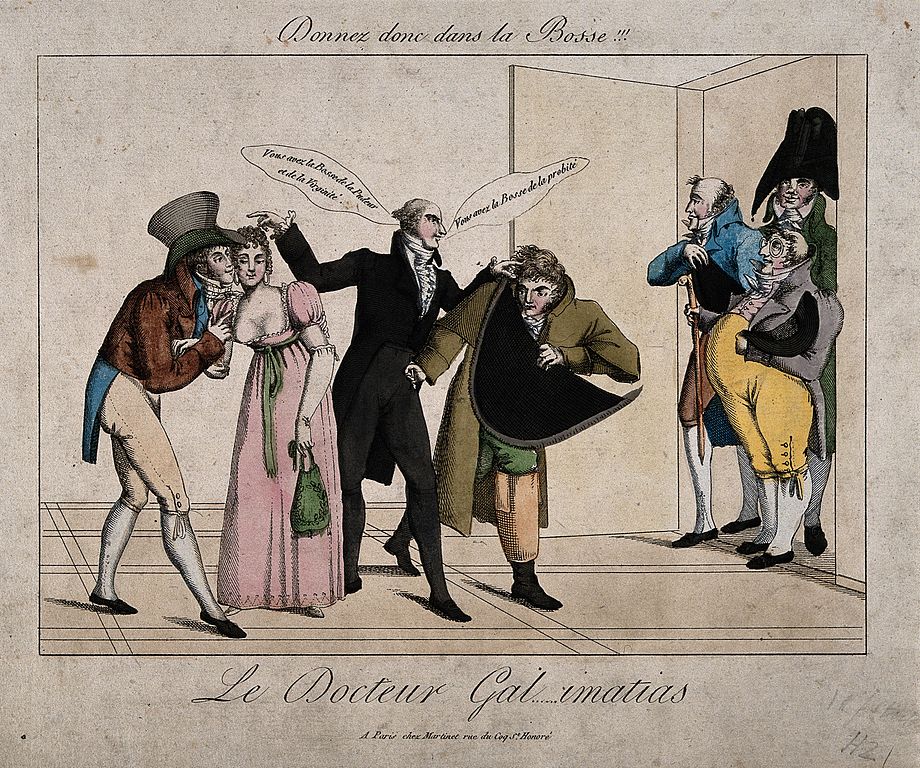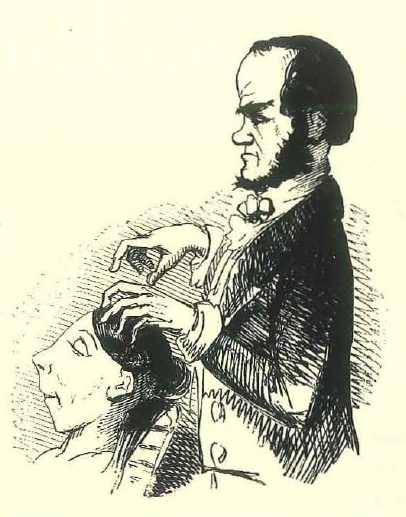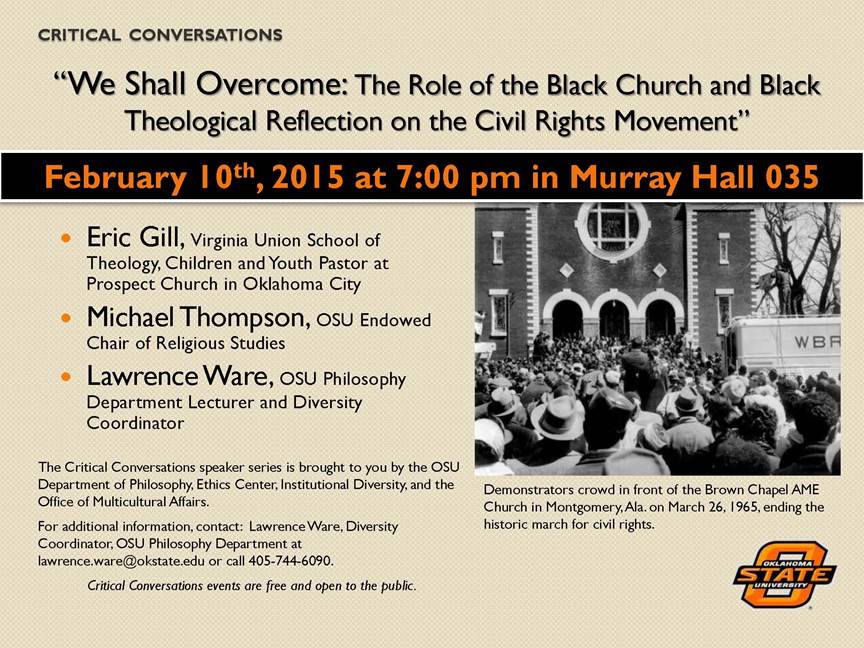
Quoth Kevin Williamson, in re some pretty typical bunko artistry in the press:
I have made the point here a dozen times — and you’d think that one of these big-on-science guys like Neil deGrasse Tyson or Bill Nye would take up the cause — that there is in reality an important federal project under way giving rank pseudoscience and pure hokum the force of law: Obamacare, which, thanks to the efforts of Senator Tom Harkin (D., Iowa), will oblige taxpayers to subsidize all manner of scientifically illegitimate “alternative medicine.” Everybody wants to know what Scott Walker and Sarah Palin think about evolution, but almost nobody is asking what Nancy Pelosi and Barack Obama think about homeopathy, acupuncture, aromatherapy, and the like. The same people who are scandalized that Walker doesn’t want to talk about something that he doesn’t know the first thing about celebrate as the most important health-care advance in a generation a law that treats as legitimate sundry species of quackery based in pure mysticism.
(source: Evolution of a Tactic | National Review Online)
I, for one, look forward to the day when we all finally realize that the enlightened maharajas of the PPACA dynasty have restored the gift of the maji to its true medical function after millennia of use in home cooking and ritual incense.

Or perhaps I will continue to believe in a God who heals–and who leads doctors to study medicine.

